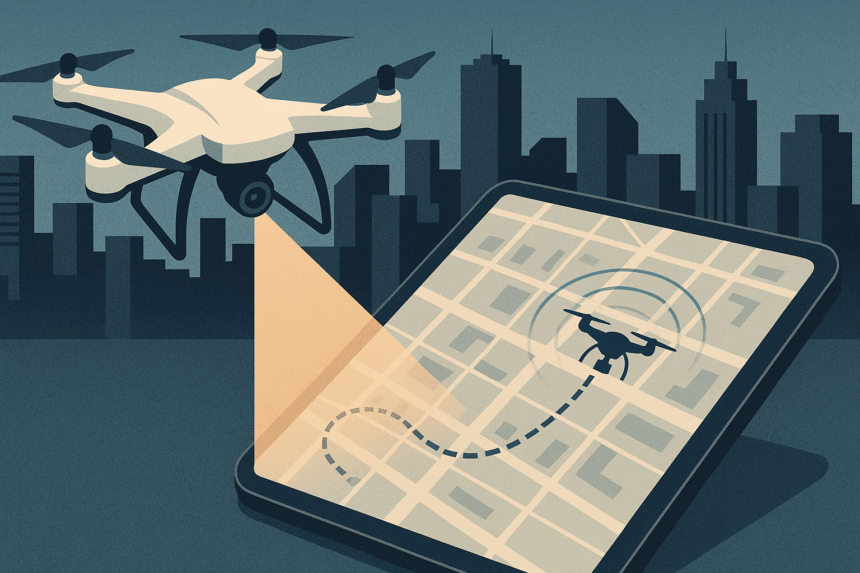Belgium’s interior minister has proposed the creation of a real-time drone registration and tracking system to help European authorities detect and respond to potential security threats in the continent’s airspace.
Bernard Quintin told the Financial Times that all drones operating in Europe should be registered and monitored to differentiate between civilian use and suspicious activity — a growing concern amid reports of drones entering NATO and EU airspace.
A Rising Security Challenge
The proposal comes as hybrid threats — such as cyberattacks, espionage, and sabotage — increasingly target European nations. In recent months, Russian drones have reportedly entered Polish airspace, and similar incidents have been detected in Denmark and Belgium, prompting calls for stronger airspace defense measures, including the idea of a “drone wall” across Europe’s borders.
Quintin suggested a simpler but more coordinated approach: a comprehensive registration system that would give authorities “a real-time image of drone flights,” similar to aircraft tracking systems. Registered drones would be clearly identifiable, allowing unregistered or unknown drones to be flagged instantly.
“If it is not registered, the data should be sent to a police service which should be able to act,” he said.
Thousands of Drones in the Sky
The scale of drone activity already poses a major monitoring challenge. Around 31,000 drones were detected near Brussels Airport last year alone. Authorities could not determine how many were legitimate or potentially threatening, underscoring the need for improved identification and oversight.
Quintin said his system would help distinguish between civilian drones — such as those used for recreation, filming, or delivery — and those that might be used for surveillance or attacks.
European Coordination and Hybrid Threats
The Belgian minister emphasized that the threat extends beyond drones. Belgian systems face daily cyberattacks from foreign actors, primarily Russia, he said, citing the country’s sensitive position as home to both EU institutions and NATO headquarters.
“It’s obvious there are Russian espionage activities in Belgium,” Quintin noted, calling for a European-level response to standardize drone tracking and data-sharing systems.
“The perfect system is that we have at least a European registration and a common database,” he said, adding that it would allow for an alert mechanism across member states.
Still, he acknowledged that an EU-wide solution would take time to develop. “As far as we’re concerned, for the moment, I think we’re going to move forward at the Belgian level.”
Regional Context and Broader Tensions
The proposal comes amid heightened geopolitical tensions. NATO has strengthened its air defenses following multiple incidents involving Russian drones and missiles straying into allied territory.
At the same time, hybrid warfare tactics — blending traditional military strategies with cyber and information operations — have intensified since Russia’s invasion of Ukraine in 2022. EU officials have repeatedly warned of the growing sophistication of such threats, including drone-based espionage and attacks on critical infrastructure.
Quintin’s initiative seeks to position Belgium at the forefront of European efforts to modernize security systems against these evolving dangers.
“Having real-time visibility is not just about safety,” he said. “It’s about sovereignty — knowing what’s flying over our heads.”








